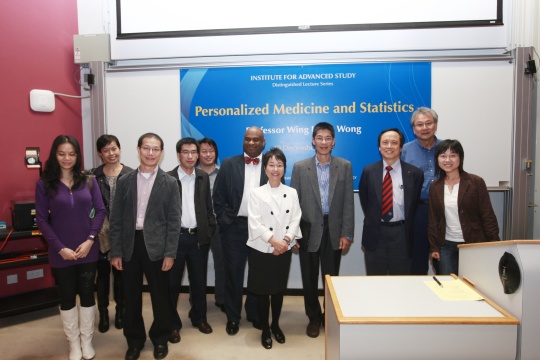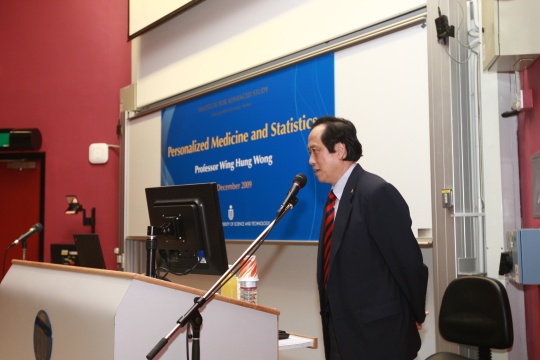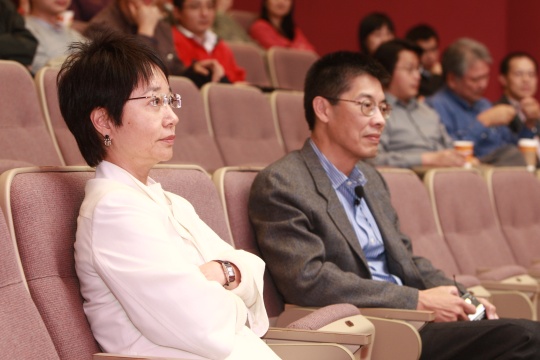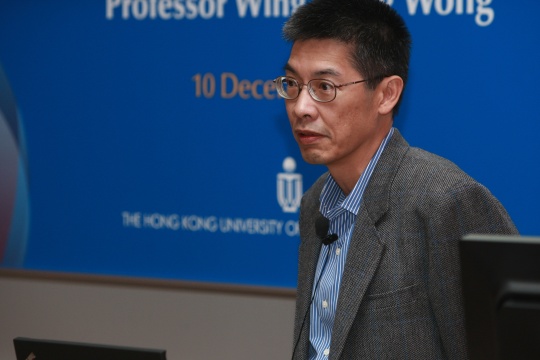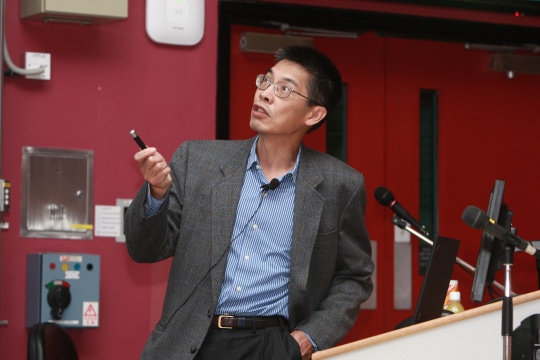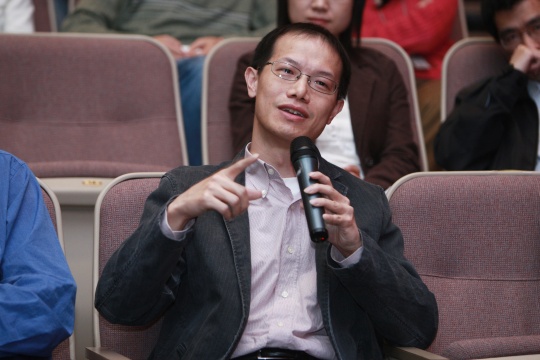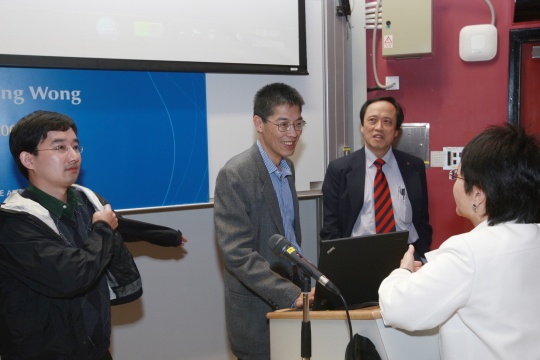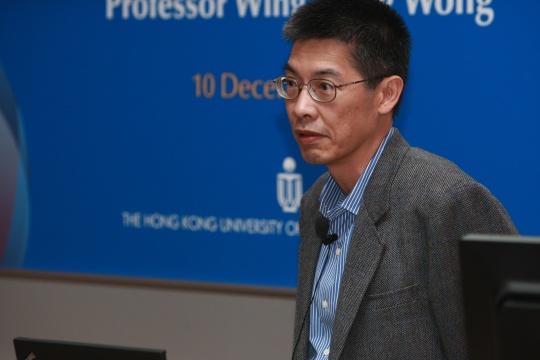Personalized Medicine and Statistics
Abstract
Advances in biotechnology during the past two decades have given us the ability to determine the complete genetic makeup of an individual and to monitor the activities of many genes and proteins in selected cell types from this individual. At the same time, equally impressive advances were made in information technology that makes it feasible to create and maintain individual health records in an electronic manner. It is envisioned that the convergence of these two mega trends will provide the foundation for Personalized Medicine. The linkage of personal genetics / molecular / cellular data to the electronic health records will allow us to apply modern statistical modeling, learning and data mining techniques, to extract knowledge that will be crucial for the progress of personalized medicine. In this talk I will review the current status of this area and will discuss some of the challenges and opportunities in this exciting interface between Statistics and Medicine.
About the Speaker
Prof. Wong Wing Hung is a Professor of Statistics and of Health Research and Policy at Stanford University. Prof. Wong’s lab develops methods and software for the analysis of the data from high throughput genomics projects. They have developed the software package dChip for the analysis of data from high-density DNA arrays that contain hundreds of thousands of DNA probes. Their methodological work is motivated by close collaborations with biology groups on problems arising from cancer and developmental biology. Of particular interest is the combined use of experimental and computational analysis to clarify the cis-regulatory mechanisms underlying several developmental processes. More generally, they employ and develop tools from exploratory data analysis, multivariate analysis, information theory, machine learning, Monte Carlo, graph theory, linear and nonlinear differential equations, and applied them to problems in computational biology and system biology. With over 100 publications in peer reviewed journals, Prof Wong has developed ground-breaking methods for turning large data sets into useful information about biological systems. His contributions to biological advancements through computational analysis are many, and include methods and algorithms for the analysis of gene expression data from microarray chips, identification of gene regulatory elements in developmental genomics, and elucidation of genetic networks. Prof Wong is a member of US National Academy of Sciences.

